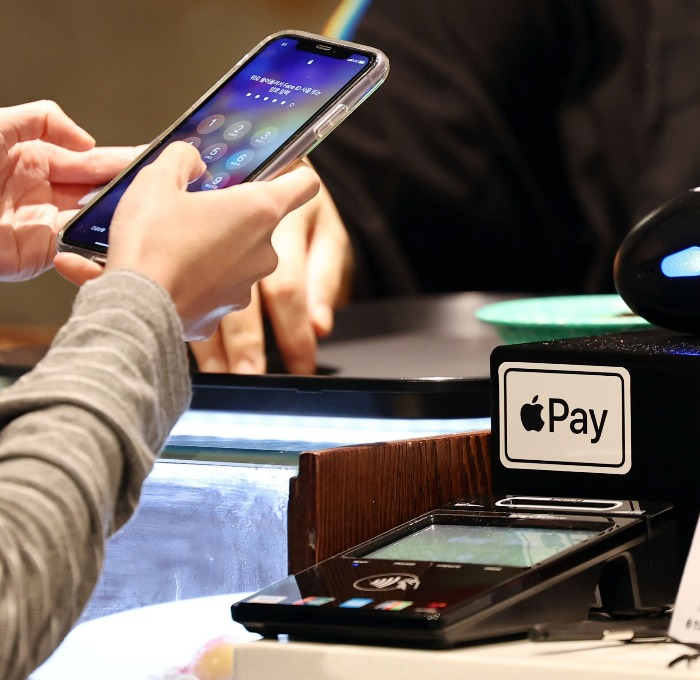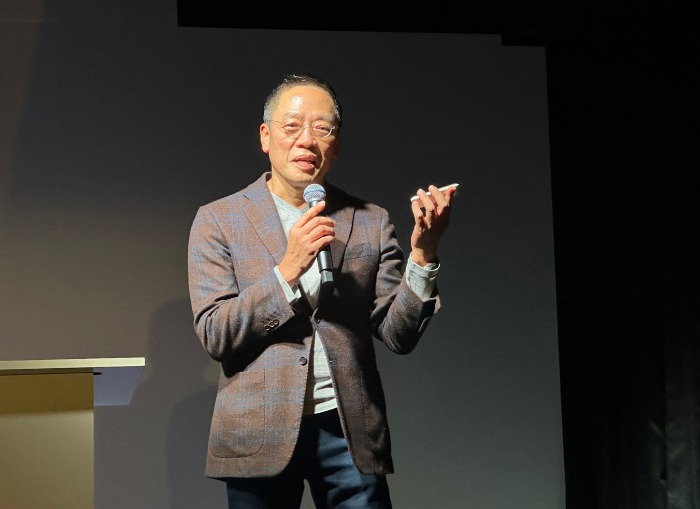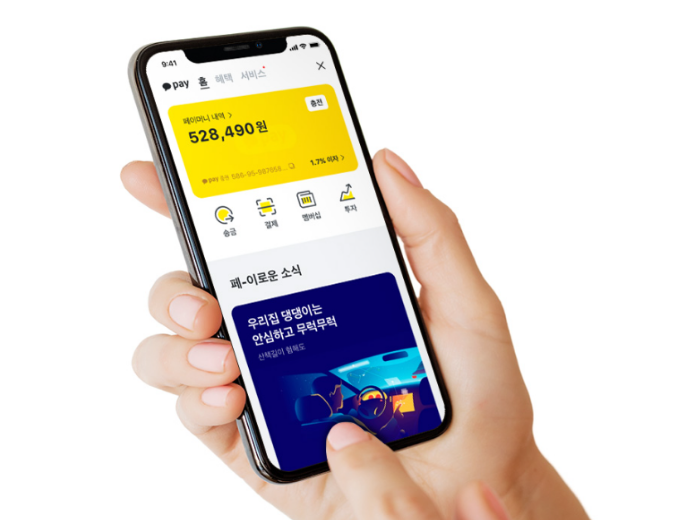Fintech
Apple Pay to shake up S.Korea's digital payment market
Credit card firms face headwinds from Apple PayŌĆÖs launch as Samsung Pay mulls transaction fees
By Mar 21, 2023 (Gmt+09:00)
2
Min read
Most Read
NPS to hike risky asset purchases under simplified allocation system


UAE to invest up to $1 bn in S.Korean ventures


Hankook Tire buys $1 bn Hanon Systems stake from Hahn & Co.


US multifamily market challenges create investment opportunities


Osstem to buy BrazilŌĆÖs No. 3 dental implant maker Implacil



The launch of Apple Pay in South Korea on Tuesday is poised to shake up the countryŌĆÖs digital payment market as the sector leader Samsung Pay is considering charging card issuers fees on transactions.
Since its debut in August 2015, the digital wallet platform under Samsung Electronics Co. has offered free-of-charge services. Samsung's Galaxy smartphone users can make a mobile payment at stores in affiliation with credit card companies, which are not charged fees for such transactions.┬Ā
Now that the fee-based Apple Pay kicked off its service, Samsung is considering receiving fees from card issuers as Apple does, according to credit card industry sources on Monday.
Apple Pay is understood to charge a fee of up to 0.15% of the transaction amount to card issuers. For the time being, its service will be available only to Hyundai Card holders.
ŌĆ£Now we can be walking our dog and buy water along the way with Apple Pay. That is a very everyday but very great thing,ŌĆØ Hyundai Card Vice Chairman Chung Tae-young said at its launch event.
Apple Pay has already attracted 170,000 iPhone users in less than a half day of its launch in South Korea, he said.

Samsung Pay boasts 16 million active users, more than one-third of South KoreaŌĆÖs population.
Its move comes as Samsung PayŌĆÖs contracts with credit card firms participating in its mobile payment platform are coming due later this year.
ŌĆ£Ahead of the contract expiration, Samsung Electronics is sounding out credit card companies about charging a fixed rate fee per transaction as Apple does,ŌĆØ said one of the credit card industry sources.
In that regard, a Samsung Electronics official said it is open to all possible options, but has not yet finalized a decision.
To verify the userŌĆÖs identity, Samsung Pay charges a 5-10 won fee. But the money goes to the verification service providers.
If Samsung abandons its free-of-charge mobile payment service, other digital payment platforms such as Naver Pay and Kakao Pay under Naver Corp. and Kakao Corp, respectively, may follow suit.
That could put a dent in credit card companies struggling with accumulated losses due to a series of fee cuts in the past years.

Another credit card industry official said Samsung Pay could charge a fee only to card issuers accepting Apple Pay.
South KoreaŌĆÖs seven credit card firms have suffered losses from transactions between 2018 and 2022, excluding 2021, according to data prepared for a ruling party lawmaker by the regulatory Financial Supervisory Service.
Last year, they incurred a combined 36.2 billion won ($25 million) in net losses from credit card transactions, despite a 12% growth in transaction value.
To compensate for the cumulative shortfall, they have lifted annual membership fees, while cutting down on fee exemptions.
Domestic credit card companies are Shinhan, Kookmin, Samsung, Hyundai, Woori, Hana and Lotte.
They earned a combined 1.7 trillion won in commissions for installment payments in the first nine months ending in September 2022, up 44.1% compared to the same period of 2018, or four years before.
Their annual membership fees went up 33% in the same period.
By contrast, their combined fee income from stores accepting their cards has halved to 3.6 trillion won during the period.
Write to Nan-Sae Bin at binthere@hankyung.com
Yeonhee Kim edited this article.
More to Read
-

-
 FintechApple Pay's S.Korea debut as early as third week in March
FintechApple Pay's S.Korea debut as early as third week in MarchMar 06, 2023 (Gmt+09:00)
1 Min read -
 Banking & FinanceHyundai Card to provide Apple Pay in South Korea
Banking & FinanceHyundai Card to provide Apple Pay in South KoreaFeb 08, 2023 (Gmt+09:00)
1 Min read -
 FintechDelay in Apple Pay approval for South Korea sends VAN co. shares tumbling
FintechDelay in Apple Pay approval for South Korea sends VAN co. shares tumblingDec 02, 2022 (Gmt+09:00)
1 Min read -
 Tech, Media & TelecomSamsung launches upgraded digital wallet to take on Apple Pay
Tech, Media & TelecomSamsung launches upgraded digital wallet to take on Apple PayOct 14, 2022 (Gmt+09:00)
1 Min read
Comment 0
LOG IN


